Healthy Travel Tips for Bariatric Patients: How To Thrive on the Road

It is inevitable that you will eventually stray from the comfort of home after having bariatric surgery. In doing so, this will present a unique set of challenges for you to stay committed to maintaining your health goals. You may start questioning; “Will I have access to healthy foods?,” “How will I move on a regular basis?,” and; “Will others I’m traveling with give me a hard time for staying healthy?” In this blog post, we’ll offer insights on healthy travel tips for bariatric patients. From mindful food choices to incorporating physical activity and stress management strategies, this guide aims to equip you with the knowledge and motivation to not only avoid weight gain but to thrive during your travels.
What To Eat On Vacation
As you prepare for your vacation, it is equally important to have a plan and strategy around how you’ll navigate food, exercise, and mindfulness on your vacation. This is pivotal to ensure your bariatric goals remain intact.
Smart Snacking Strategies:
Once you arrive at your hotel, take inventory of your room. Stow away unhealthy snacks from your hotel minibar so they are completely out of sight and out of mind. Go for a walk outside and venture to a local grocery store to explore culturally wholesome snacks such as pre-cut vegetables, plain nuts, protein packs, deli slices, and cheese sticks, which can be conveniently stored in your hotel room mini-fridge.
When dining out, search the display cases or menus for protein-rich options. Breakfast, often laden with tempting carbohydrates, can be approached strategically by opting for a savory start to the day. Prioritize protein-packed choices like eggs with ham, bacon, or prosciutto, or indulge in Greek yogurt. For an extra protein boost, consider carrying travel packets of unflavored dissolvable protein powder to mix into your morning coffee.
Be Wary of Sugary Drinks:
While juices and smoothies may call your name with their vibrant hues, it’s crucial to be mindful of their sugar content, a leading contributor to weight gain. If you choose to indulge, opt for options that incorporate vegetables, add a serving of protein, and, if the size is substantial, consider sharing it with a friend. Take your drink to-go, utilizing the carbohydrates for energy during a leisurely stroll.
How To Exercise While Traveling
Maintaining an active lifestyle on the road requires creativity and a commitment to incorporating movement into your daily routine.
Explore on Foot:
One of my favorite healthy travel tips for bariatric patients is to prioritize walking over take motorized transportation. Nothing gets your feet on the pavement faster than the alternative of expensive Uber and Taxi rides! Embrace the opportunity to save on transportation costs by immersing yourself in the sights, sounds, and conversations that come with exploring your vacation spot on foot. Discover the hidden gems that may be missed when relying on taxis or ride-sharing services. You’ll likely surprise yourself by how far- and for how long you’re capable of walking in a day. If at any point you get tired, or it starts to rain, or your kid starts having a meltdown… then hail an Uber to get you to your final destination.
Sneak in Exercise:
Consider allocating space in your suitcase for a pair of sneakers, just in case your accommodation offers fitness facilities. Explore the gym, engaging in both cardio and strength training to ensure a well-rounded workout. After a well-earned workout, take advantage of the hotel pool to cool off, relieve tired joints, and spend quality time with your family. By making daily movement a priority, you not only prevent weight gain but also contribute to your overall well-being.
How To Reduce Stress On Vacation
Travel, whether for work or leisure, can introduce stressors that may impact your well-being. Implementing effective stress management techniques is essential for a balanced and enjoyable journey.
Quick Stress Relief Techniques:
Arm yourself with quick and effective stress relief techniques to navigate challenging moments. A controlled breathing technique can serve as a powerful tool to maintain composure. Additionally, ask yourself a simple question during heightened moments of stress: “In the scheme of life, is this that serious?” More often than not, the answer is a resounding “no,” providing perspective and aiding in the swift resolution of stress-inducing situations.
Finding Peaceful Moments:
Escape the confines of a dark and cluttered hotel room by immersing yourself in the revitalizing effects of sunshine. A leisurely walk through city sidewalks or a few moments spent in a local park, surrounded by greenery, can work wonders for your mental state. If exhaustion sets in but you’re unable to take a nap, opt for a quiet corner in the hotel lobby with a good book or immerse yourself into audiobooks, podcasts, or calming music. Prioritize sleep whenever possible. Sleep has such a profound impact on mental health, motivation, and the ability to seamlessly transition back into the demands of everyday life once you return back from vacation.
While the landscape of travel may differ from the familiar routines of home, maintaining consistency with health goals is not only achievable but can lead to a more enriching and fulfilling life after surgery. By approaching food choices with intention, incorporating physical activity into your daily routine, and implementing effective stress management strategies, you not only sidestep weight gain but unlock the potential to thrive during your travels.
Looking For Grab-And-Go Protein Snacks While Traveling?
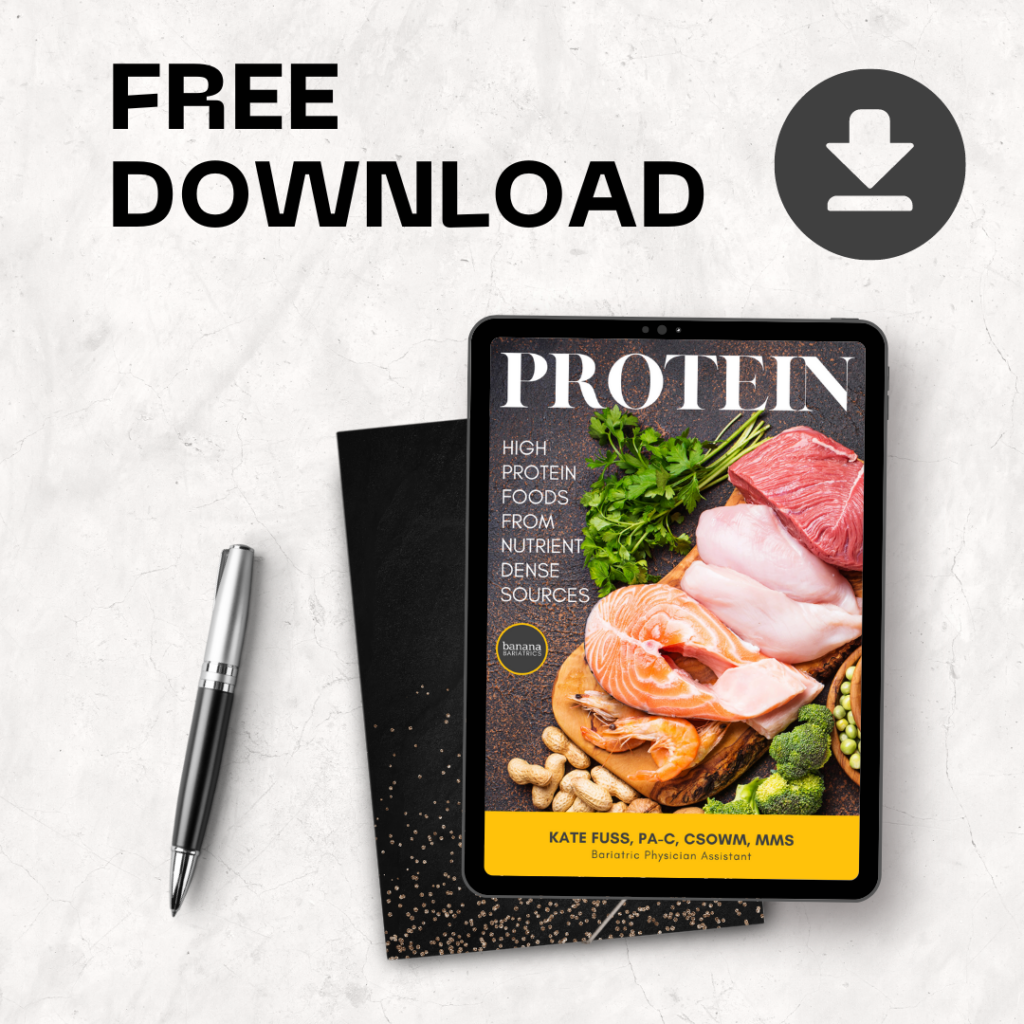
Our FREE Protein Resource will help you:
- Identify high protein sources from nutrient dense foods
- Understand the exact protein amounts per serving from every food group
- Create easy “grab-and-go” high protein snacks
- Make grocery shopping seamless, with a printable shopping list
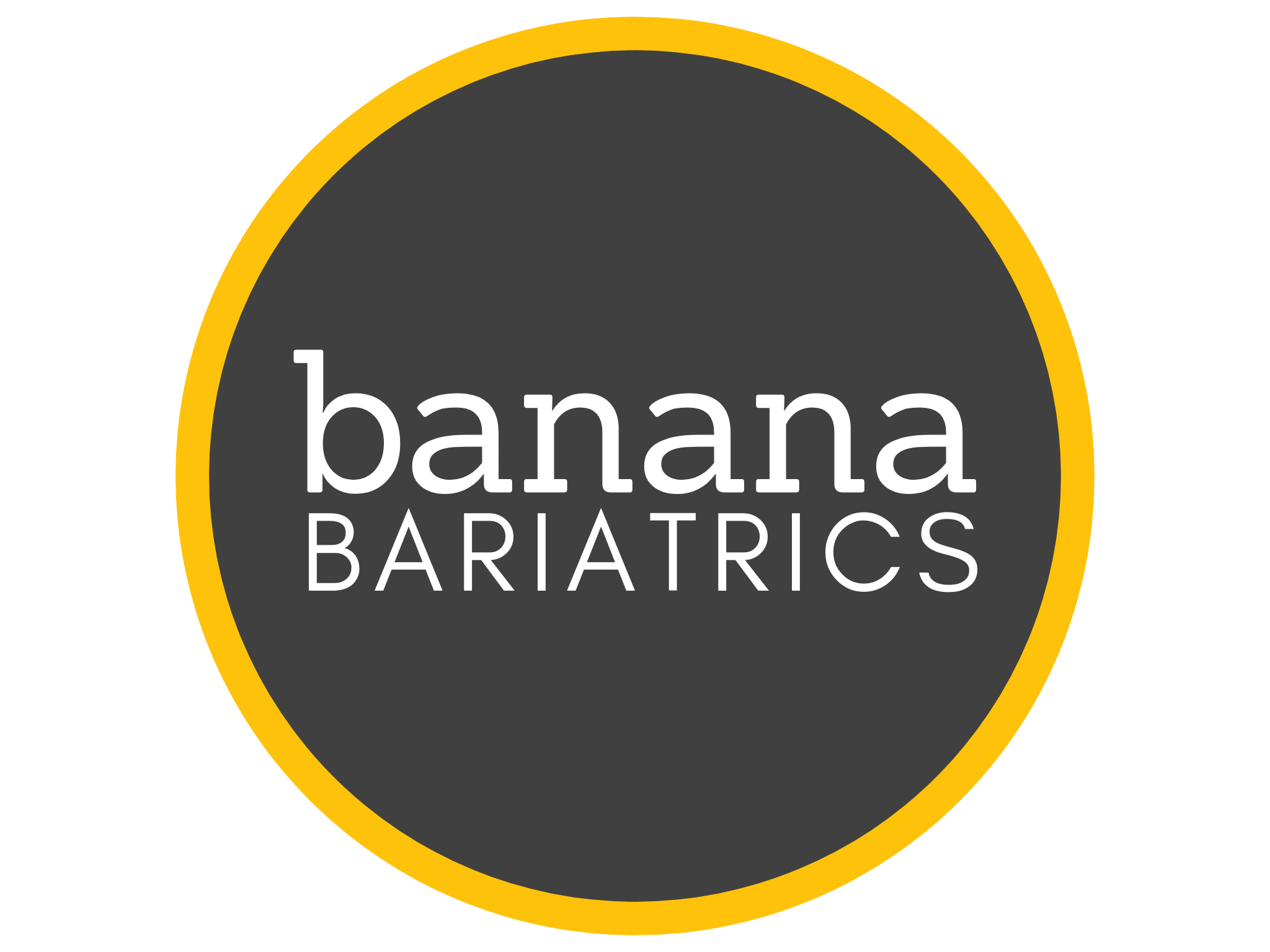
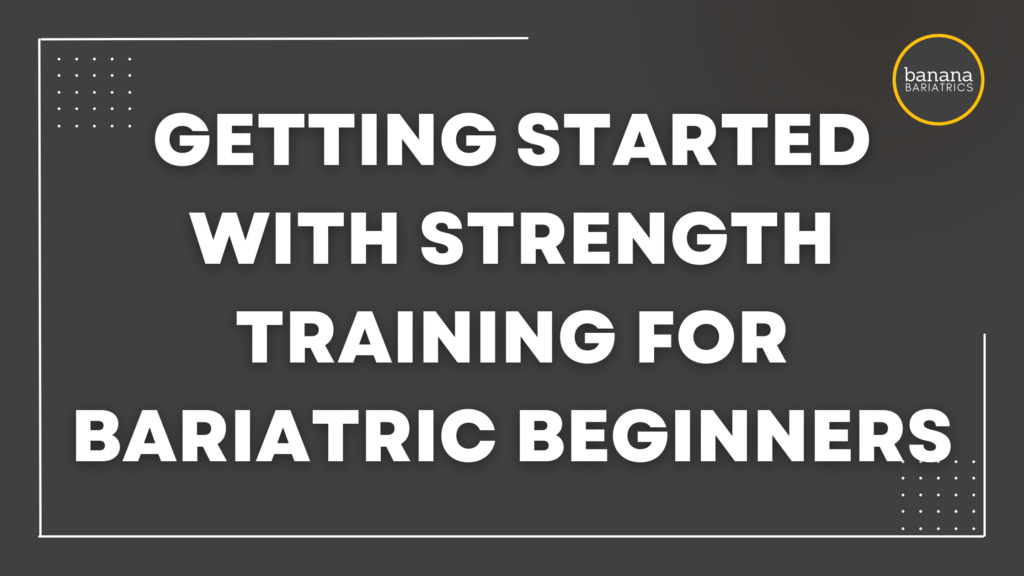
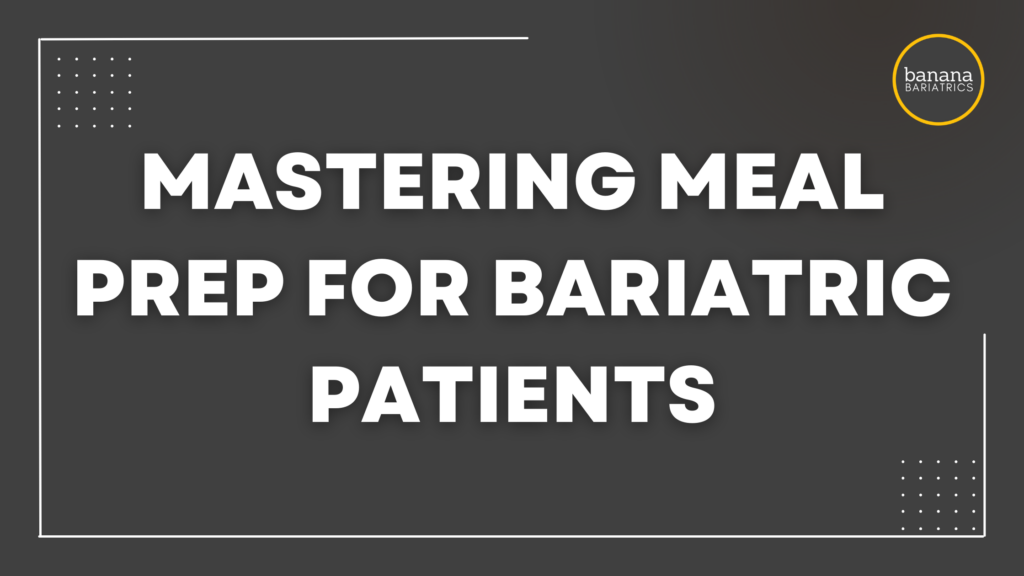
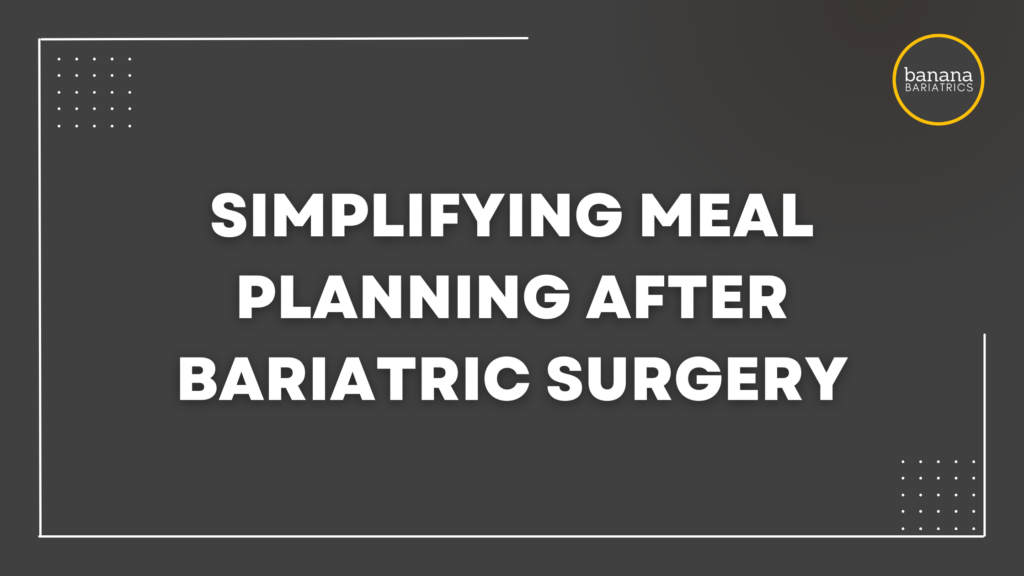
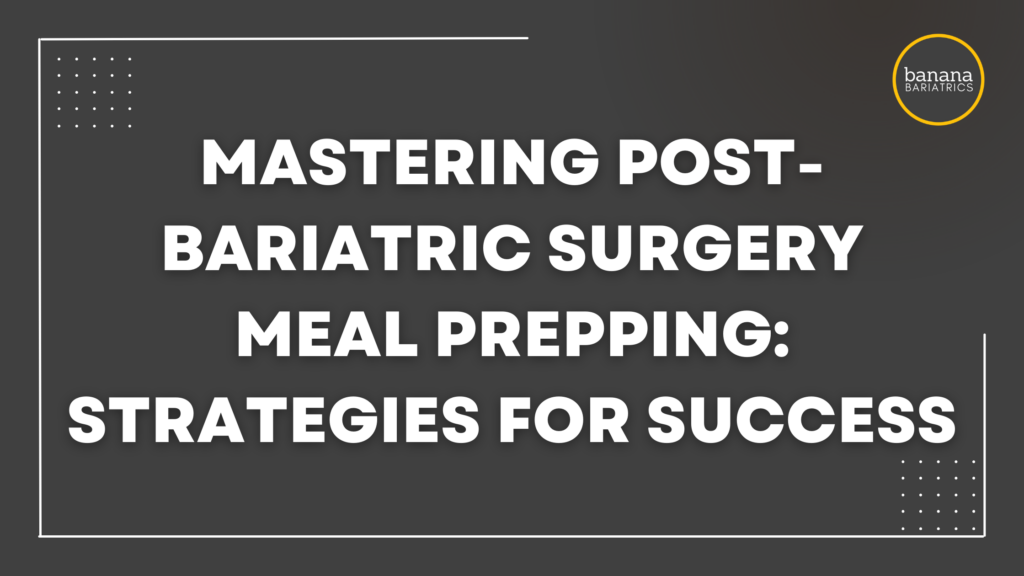
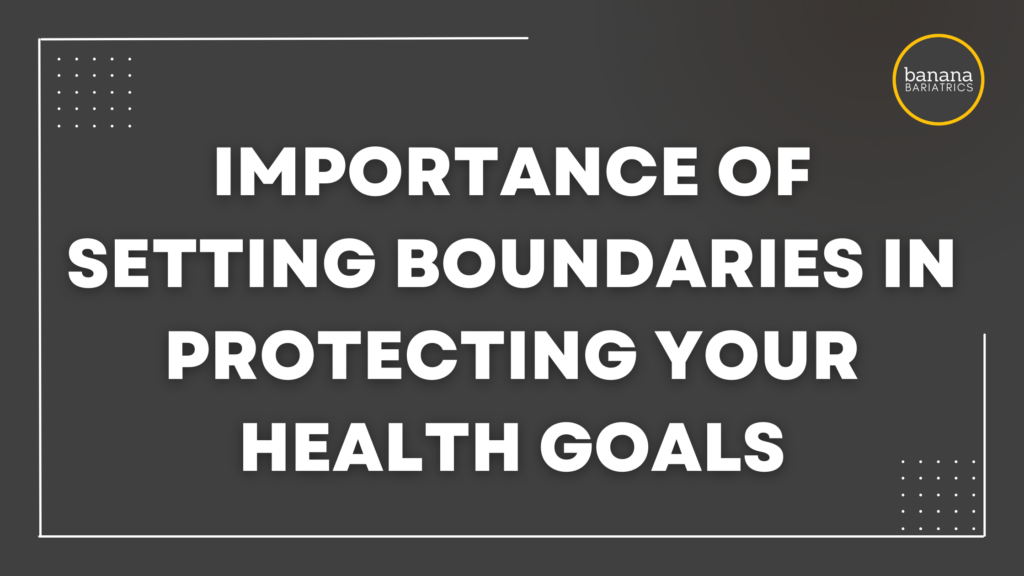
I am a bit nervous about my upcoming 2 week trip to Africa. I don’t think movement will be an issue and if I don’t allow myself to get too tired, I think I can manage my mindset. I am concerned about eating. I will not have much control over the food options. Our meals, for the most part, will be prepared for us. Sudza/pap is the staple there. It is a very heavy dish made with “mealie meal” or white corn meal. There is no way I can eat that. I couldn’t tolerate it very well prior to surgery. It sits in your stomach like a rock! I pray I don’t offend the cook by not eating pap. We may have some control in packing lunches but I won’t have control over what is offered to pack in those lunches. I am trying to think of protein snack items I can take in my luggage. I plan to take individual packets of my collagen protein powder to mix with my sugar free chai tea mix. It will be winter there. I can drink that in the mornings to warm up or during “tea time”. I thought about packing some beef sticks and almonds. Any other suggestions that would be easy to pack?
That’s definitely tricky, but you may be surprised by the protein they may offer you there. I did a trip to Kenya myself, and they served eggs and chicken sausages for breakfast (in addition to the starchy options). But to answer your question about what to bring – you’re definitely on the right track. Raw nuts and little snack-sized baggies of protein and collagen powder are probably your best bet from the non-perishable side of things. Maybe little single servings of peanut butter (without added sugar) can be useful too.
Thanks Kate! Nuts and nut butters were one of the last items suggested by my team to add back into my diet. I am going to try almond butter this week and see how it goes. I tried almonds and pistachios this week and had a little discomfort.
My sister gave me a recipe for energy bites… little balls of nut butter, flax seeds, oats, mini chocolate chips and honey. I’m need to plug the recipe into my app and check the nutritional info.
Ah, ok. Maybe start with the nut butter and then work up to the whole nuts themselves.
With the nut butters- read your labels. Avoid anything that has cheap / processed vegetable oils in it. The only ingredient(s) on the label should be the nut itself and/or salt. And be really careful with serving sizes. If you can keep it to a Tsp a serving, that’s great! A little goes a long way.
If you’re ready for the whole nuts, make sure they’re not coated in anything and that they’re also just the plain version. Chew them thoroughly (to the consistency of applesauce) as well. Also, be mindful of how many you’re grabbing. If you take a closed fist’s worth (1/4 cup), that will count as a serving. I like to do that and then put them into pre-portioned snack sized ziploc bags so that I don’t graze in an open bag of nuts. Nuts are very caloric and are easy to snack on, so just be careful with it as a snack.
But that energy bite recipe sounds delicious!! Let me know how they turn out!